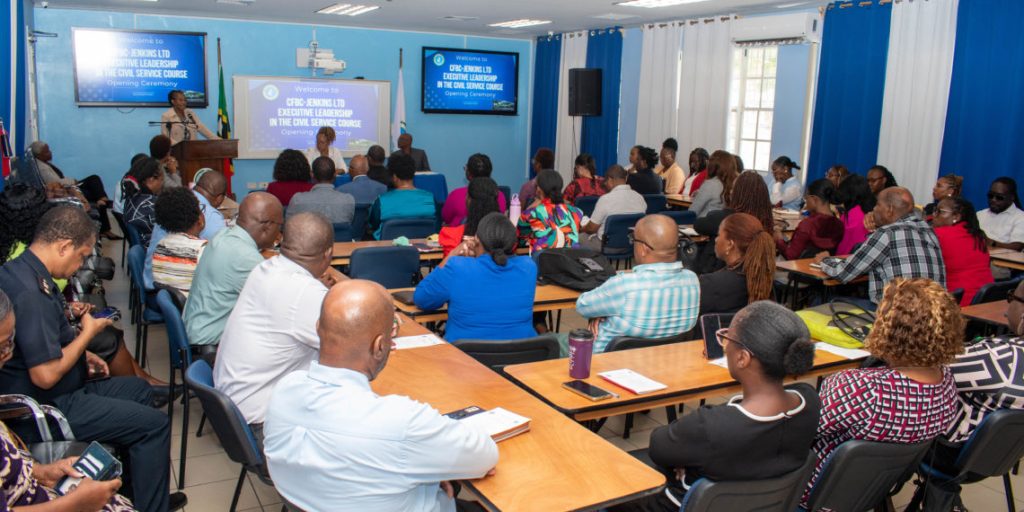Possible $4 Million Expenditure for Kartel’s St. Kitts Music Festival Appearance Revealed
The St. Kitts Music Festival is facing intense scrutiny over its booking of dancehall artist Vybz Kartel, whose rumored appearance fee of EC$4 million has sparked public outrage and accusations of fiscal irresponsibility. This staggering sum, potentially equivalent to Kartel’s reported US$1.5 million fee for a cancelled performance in Trinidad, has raised serious questions about the festival’s financial management and its prioritization of entertainment spending amidst a challenging economic climate. Critics argue that such extravagant expenditure on a single artist is tone-deaf, especially considering the current economic hardships faced by many citizens in St. Kitts and Nevis. The controversy underscores the need for transparency and accountability in the festival’s financial dealings, with demands for a public disclosure of Kartel’s actual fee and a justification for the substantial investment.
The potential EC$4 million expenditure on Vybz Kartel represents a significant financial gamble for the St. Kitts Music Festival. Based on current ticket prices, organizers would need to sell over 23,000 tickets for a single night just to break even on Kartel’s fee alone, excluding other substantial costs such as production, logistics, artist hospitality, security, insurance, and promotion. This target appears highly ambitious considering that the festival’s record-breaking year with Buju Banton saw just over 27,000 tickets sold across three nights, and Buju Banton’s fee was reportedly only one-third of Kartel’s. The significant financial risk associated with Kartel’s booking raises concerns about the festival’s long-term sustainability and its potential to become a financial burden on the nation.
The timing of this controversy is particularly sensitive given the current economic challenges facing St. Kitts and Nevis. The International Monetary Fund (IMF) has identified the Federation as experiencing the slowest and most fragile economic recovery in the Eastern Caribbean. Small businesses are struggling, the cost of living is rising, and many families are facing financial hardship. In this context, the allocation of EC$4 million to a single performer appears even more questionable. Critics argue that these funds could be better utilized to support struggling businesses, address social needs, or invest in other crucial areas. The government’s silence on the matter and the festival organizers’ refusal to disclose Kartel’s actual fee have further fueled public anger and distrust.
The controversy surrounding Vybz Kartel’s booking fee highlights a broader debate about the role and responsibilities of publicly funded cultural events. While supporters of the St. Kitts Music Festival argue that big-name acts attract tourists, generate global attention, and boost the local economy, opponents contend that there must be a balance between entertainment and fiscal responsibility. They argue that the pursuit of star power should not come at the expense of sound financial management, especially during times of economic hardship. The significant investment in a single artist raises questions about whether the festival is prioritizing short-term entertainment value over long-term economic sustainability and the well-being of the community.
The lack of transparency surrounding Kartel’s booking fee has further exacerbated public concern. The festival organizers’ refusal to disclose the actual cost, despite the leaked information from the Trinidad event, has fueled speculation and mistrust. This lack of openness raises questions about the festival’s accountability and whether public funds are being managed responsibly. Critics argue that the public has a right to know how their money is being spent, especially when such substantial sums are involved. The demand for transparency extends beyond just the Kartel booking to encompass a broader examination of the festival’s financial practices and its overall economic impact.
The Vybz Kartel booking fee controversy serves as a stark reminder of the importance of responsible financial management in publicly funded events. While cultural events can play a valuable role in promoting tourism and boosting local economies, they should not come at the expense of sound financial planning and the needs of the community. The St. Kitts Music Festival needs to address the public’s concerns by providing full transparency regarding Kartel’s fee and demonstrating a commitment to responsible spending. Failure to do so risks further eroding public trust and jeopardizing the festival’s long-term viability. The ongoing debate emphasizes the need for a more balanced approach to cultural spending that considers both the economic benefits and the financial realities faced by the community.
Share this content:













Post Comment